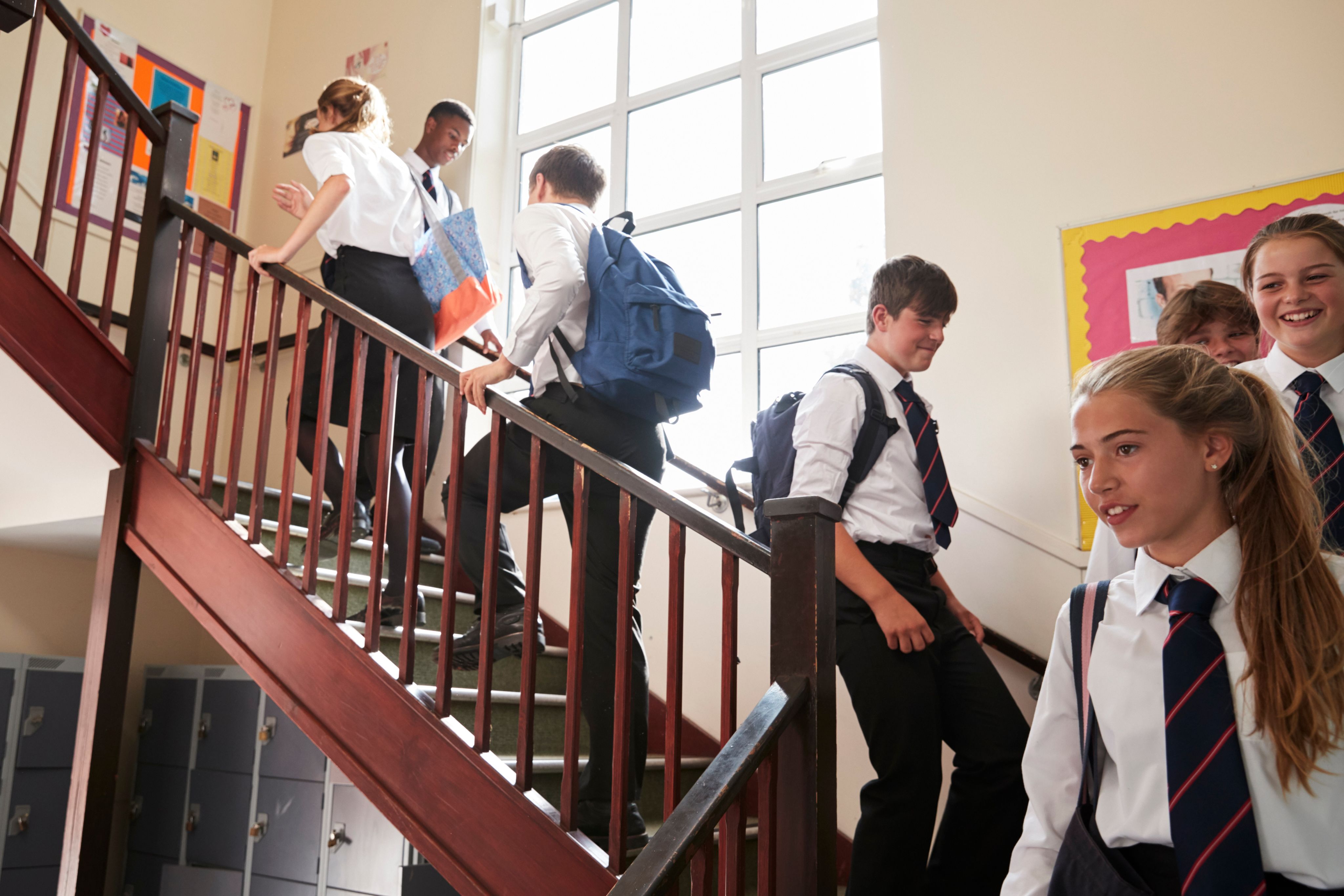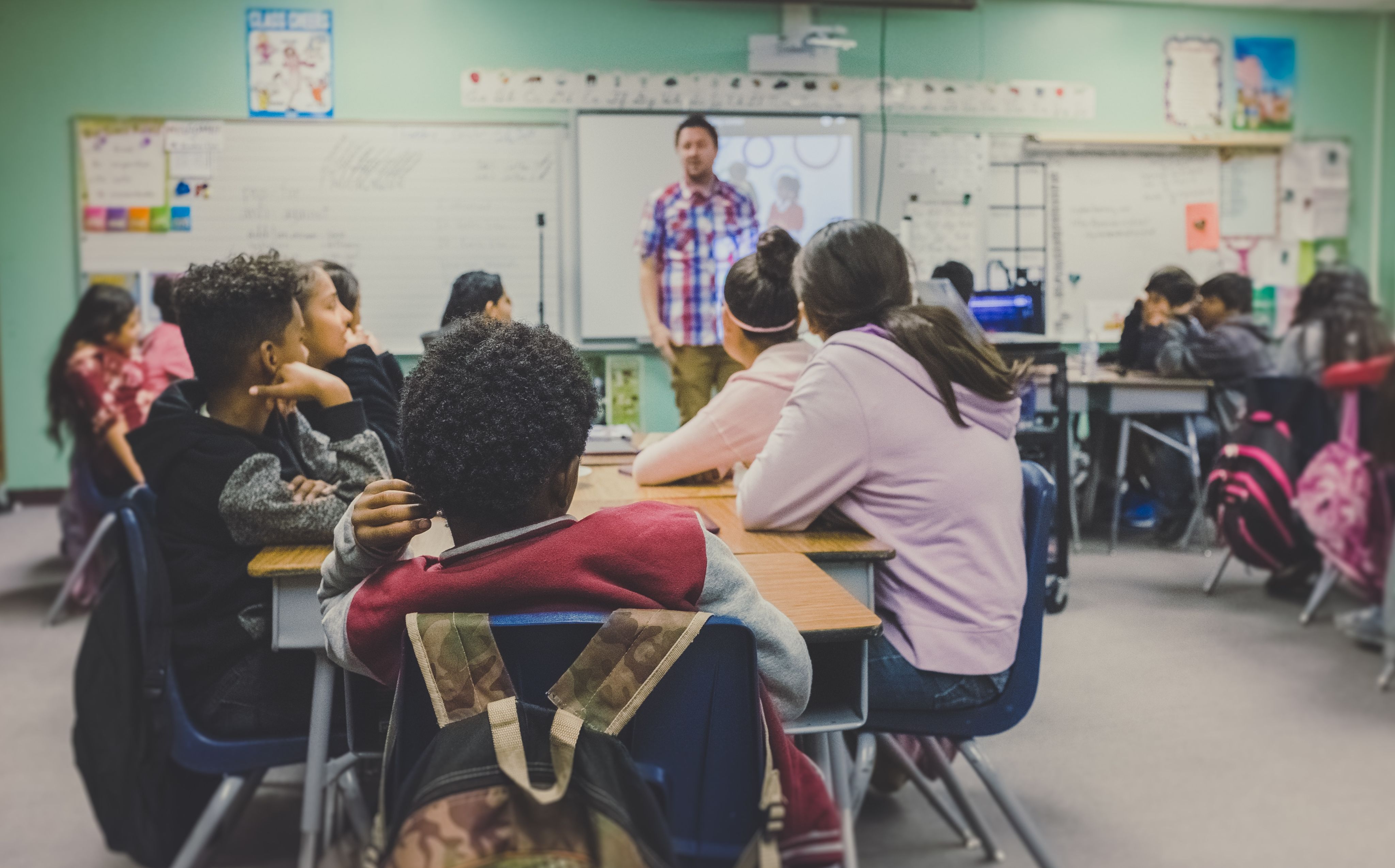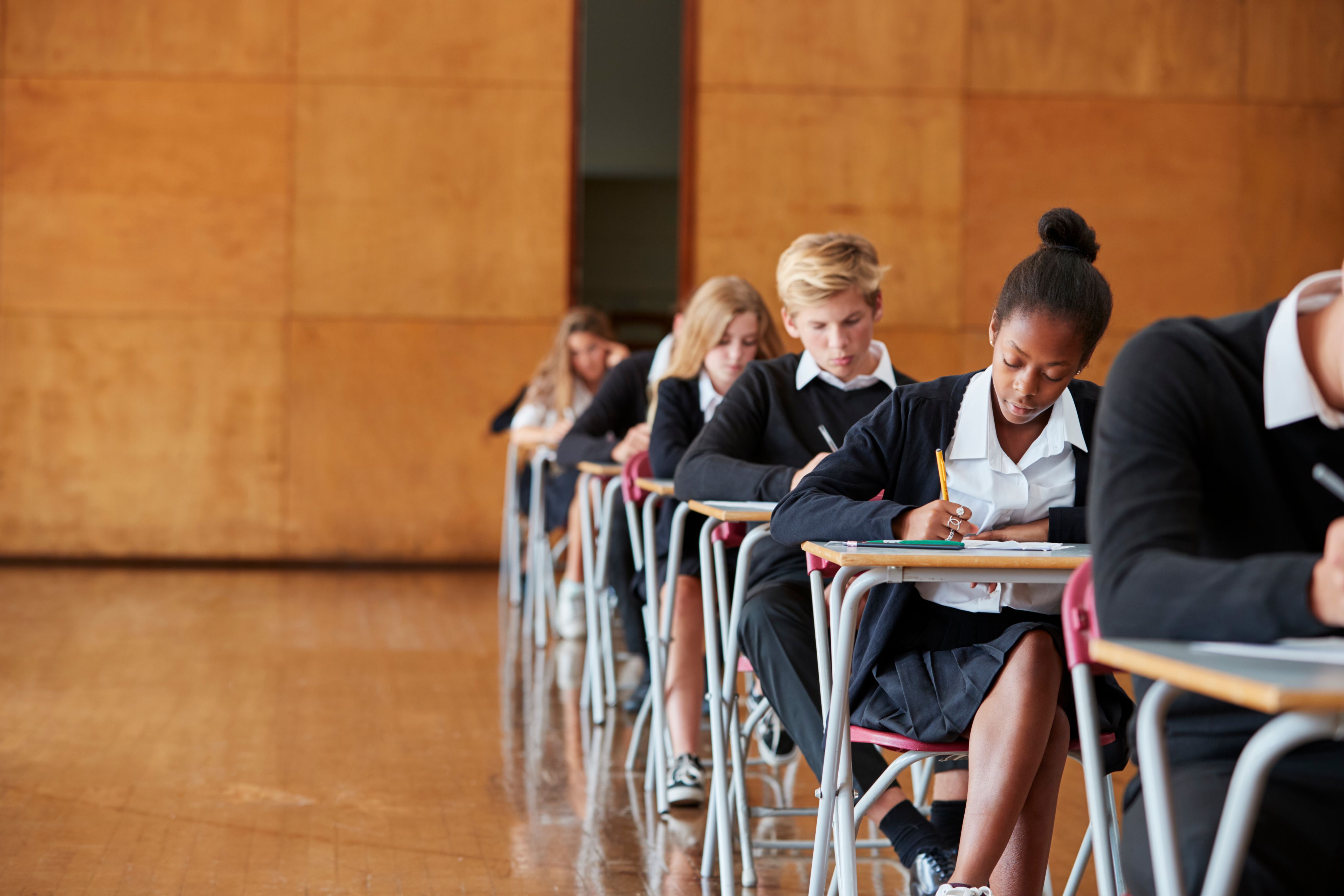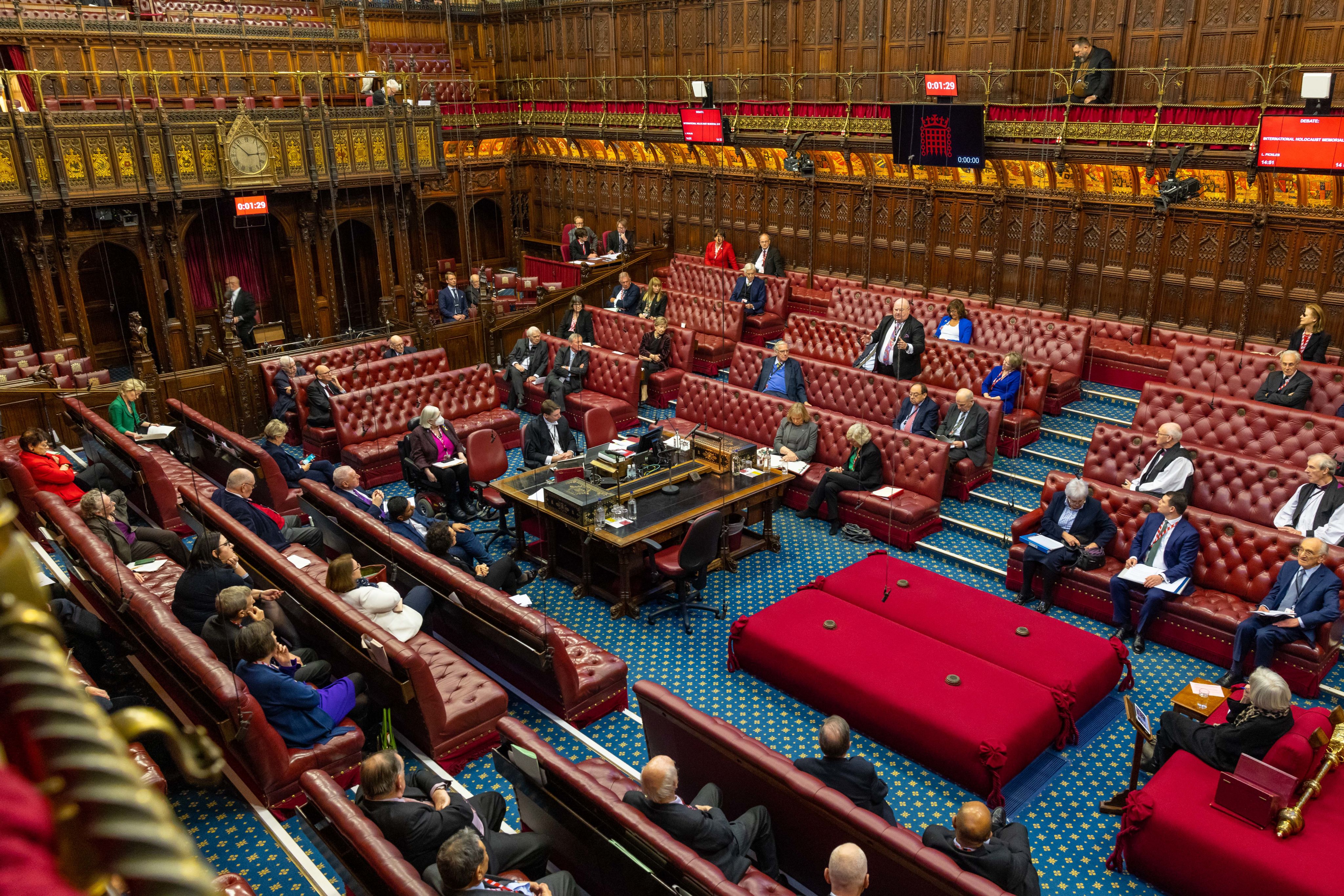Secondary education has moved in the wrong direction
Following recent reforms, 11-16 education in England is not adequately preparing pupils for the future

A restricted programme of academic learning
The 11–16 stage of education is a crucial phase in a young person's life. During this time, most young people will work towards national qualifications, usually GCSEs, as well as make key decisions about their future education and training.
We examined changes the Government has made in recent years to the national curriculum, GCSE content and assessment, and how schools’ performance is measured.
We found that the present system is not adequately equipping young people with the knowledge, skills and behaviours they need to progress to the next phase of their education, and to flourish in the future.
Whereas post-16 education is increasingly seeking to foster technical skills, in line with growing demand in the UK economy, the 11-16 phase now prioritises academic learning, delivered through a narrow set of subjects and teaching styles.
Four key areas to address and our solutions

1
An overloaded curriculum
Recent reforms to the key stage 3 and GCSE curricula mean the amount of content pupils are expected to learn in the 11–16 phase has increased. Teachers often have to rush through the material. There is little time to develop a deeper understanding of key concepts, or broader skills such as communication, problem solving and creativity.
We heard that this is particularly the case when pupils are studying for their GCSE exams. What’s more, many pupils start their GCSE courses in year 9. This is squeezing space for studying the full range of key stage 3 subjects and a genuinely broad and balanced curriculum.
“I can't tell you how many classes I've been in where the teacher has said ‘put your hand down, I can’t take questions this lesson because we just need to get through the content’ and that's taking away any curiosity in the wider subject”
The Government should undertake a review of the content load of the key stage 3 curriculum. GCSE curriculum content must be significantly reduced to allow more space for developing a broader range of skills and pupils’ understanding of core concepts.


2
Literacy, numeracy and digital skills
Literacy and numeracy are essential skills for future education, employment and life in general. However, around a third of pupils each year do not achieve a pass grade in GCSE English and maths. These pupils have more limited options for post-16 education and usually have to resit these exams, often multiple times. We heard this can leave pupils feeling like they have been classed as failures.
“Essentially, you are saying to those young people after over a decade of academic study and time in school: ‘You have now failed’”
The Government should support schools to offer functional literacy and numeracy qualifications at key stage 4, alongside GCSE English and maths, that focus on the application of essential skills and give pupils greater opportunity to achieve required standards.
The demand for digital skills is growing across almost all sectors. The current digital skills gap is estimated to cost the UK economy up to £60 billion a year. Yet in 2023 only 14% of pupils took computer science GCSE (currently the only computing focused GCSE available). We heard that this qualification is quite specialised and that alternatives are needed.
The Government should introduce two new digital qualifications: an applied computing GCSE and a digital literacy qualification. This will give more pupils the opportunity to develop their digital skills in the 11-16 phase.


3
GCSE exams
Following reforms in 2015, there is now a greater emphasis on terminal exams at GCSE. Exam season can be incredibly stressful and the dominance of exam-based assessment reduces the time available for learning. Various reports have suggested significantly reducing the number of exams taken at age 16 as part of a long-term programme of education reform. We broadly support these proposals. However, we recognise that extensive reform to GCSEs could take many years and require change in other parts of the education system.
In the shorter term, introducing more non-exam assessment would lessen the pressure by reducing the significance of terminal exams to pupils’ overall grades. It could also support the development of a broader range of skills and help to capture the full range of pupils’ achievements.
“The class time lost to teaching exam rubrics, exam technique, taking practice questions, sitting mock exams, taking exam leave and sitting the exams, can remove over a sixth of the total potential learning time in years 10 and 11”
The Government should, following consultation with teachers and schools, identify ways to increase the use of non-exam assessment at GCSE. In the long term, plans should be set out to slim down the amount of assessment for pupils at 16 and reduce the pressure experienced during this phase.


4
Measuring school performance
Most of the metrics used to measure school performance in the 11–16 phase are based on pupils’ GCSE results. Pressure to achieve the highest grades possible is therefore felt by schools and teachers, as well as pupils. We heard that the current measures should be reviewed, particularly the English Baccalaureate (EBacc).
The EBacc was introduced in 2010. It is a set of traditional academic subjects that the Government wants 90% of pupils to study at GCSE. We heard that this has created a hierarchy of subjects and has reduced the take up of non-EBacc GCSEs, particularly creative and technical subjects. For example, the number of pupils studying design and technology GCSE has fallen by over 70% since 2010. However, these subjects are important in helping pupils to progress to the full range of post-16 options and the skills associated with them are vital to the UK economy.
“Schools have heard the call from the Department for Education as to what matters and they are rejigging their timetables to deliver on the EBacc subjects”
The Government must abandon the EBacc entirely, including the ambition for 90% of pupils to be taking this subject combination. The remaining school performance measures should also be reviewed.

What happens next?

We have made our recommendations to the Government and it now has two months to respond to our report.
Read the full report on our website
Our committee is a special inquiry committee for 2023.
Find out more about our inquiry and our committee.
Follow the committee @Lords11to16Ed
Cover image: Monkey Business - stock.adobe.com